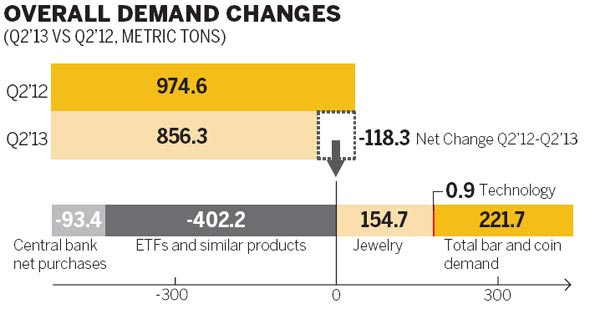## Bond vs Loan: Which Investment Option is Right for You?
When it comes to investing, understanding the differences between various financial instruments is crucial. One common comparison that often arises is **bon……
When it comes to investing, understanding the differences between various financial instruments is crucial. One common comparison that often arises is **bond vs loan**. Both options have their merits, but they cater to different investor needs and risk appetites. This comprehensive guide will delve into the intricacies of bonds and loans, helping you make an informed decision that aligns with your financial goals.
### Understanding Bonds
Bonds are debt securities issued by corporations, municipalities, or governments to raise capital. When you purchase a bond, you essentially lend money to the issuer in exchange for periodic interest payments and the return of the bond's face value upon maturity. Bonds are generally considered safer investments compared to stocks, as they provide fixed returns and have a predetermined maturity date.
There are various types of bonds, including:
1. **Government Bonds**: Issued by national governments, these bonds are considered low-risk investments. U.S. Treasury bonds, for example, are backed by the government and are seen as one of the safest investments available.
2. **Corporate Bonds**: Issued by companies to finance operations, these bonds usually offer higher yields than government bonds but come with increased risk. The financial health of the issuing company can greatly affect the bond's value.
3. **Municipal Bonds**: Issued by states, cities, or other local government entities, these bonds often provide tax advantages, making them appealing to investors in higher tax brackets.

### Exploring Loans
Loans, on the other hand, are a form of borrowing where individuals or entities receive funds for a specific purpose and agree to repay the principal amount along with interest over time. Loans can be secured (backed by collateral) or unsecured (not backed by collateral), and they come in various forms, including personal loans, mortgages, and business loans.
Key characteristics of loans include:
1. **Repayment Terms**: Loans typically have fixed repayment schedules, which can range from a few months to several years. Borrowers must adhere to these terms to avoid penalties.
2. **Interest Rates**: The interest rate on loans can vary based on the borrower's creditworthiness and the type of loan. Secured loans often have lower rates compared to unsecured loans.

3. **Flexibility**: Loans can be tailored to meet specific financial needs, whether for purchasing a home, funding education, or starting a business.
### Bond vs Loan: Key Differences
When evaluating **bond vs loan**, several key differences emerge:
- **Risk and Return**: Bonds are generally considered lower risk than loans, especially government bonds. However, corporate bonds can carry higher risks. Loans, particularly unsecured loans, can be riskier for lenders since they depend on the borrower's ability to repay.
- **Liquidity**: Bonds can often be traded in secondary markets, providing liquidity to investors. Loans, however, are typically illiquid and cannot be easily sold or transferred.

- **Investment Horizon**: Bonds usually have longer maturities, making them suitable for long-term investors. Loans may have shorter terms, appealing to those with immediate financial needs.
### Conclusion
In the debate of **bond vs loan**, the right choice ultimately depends on your individual financial situation, investment goals, and risk tolerance. If you're seeking a stable, long-term investment with fixed returns, bonds may be the way to go. Conversely, if you require immediate funds for a specific purpose and are comfortable with the associated risks, a loan might be your best option.
Before making any investment decision, it's essential to conduct thorough research and consider consulting with a financial advisor to ensure that your choice aligns with your financial objectives. Understanding the nuances of bonds and loans will empower you to navigate the complex world of finance with confidence.